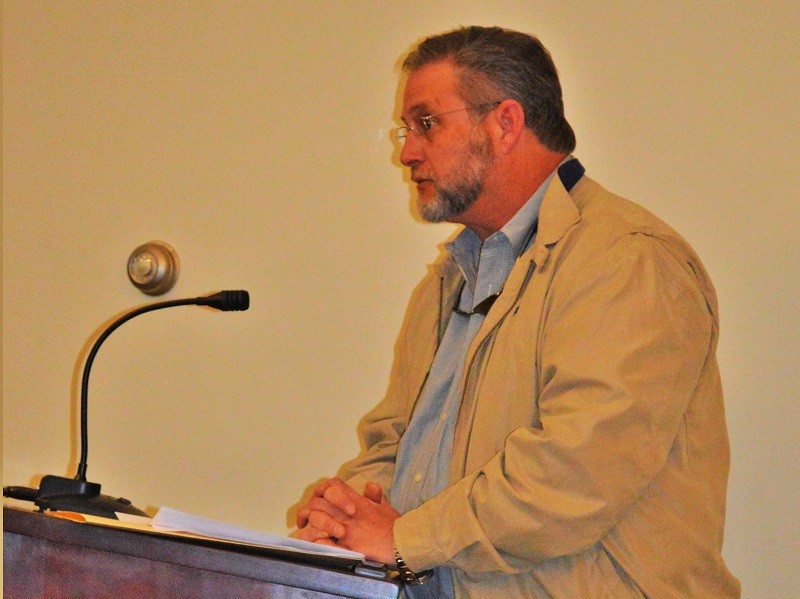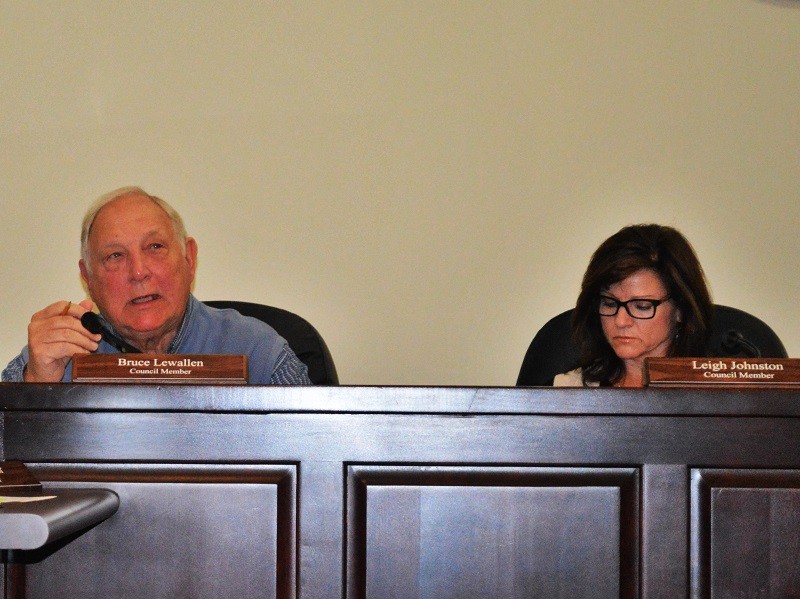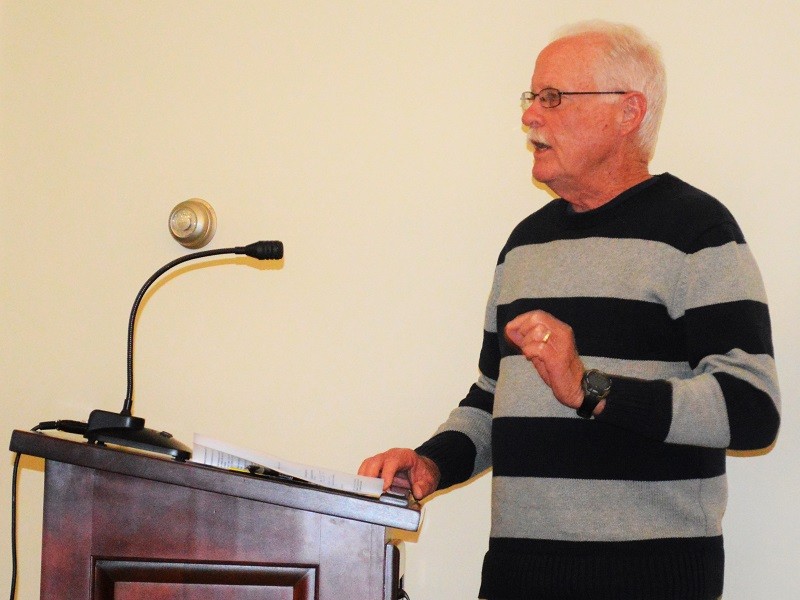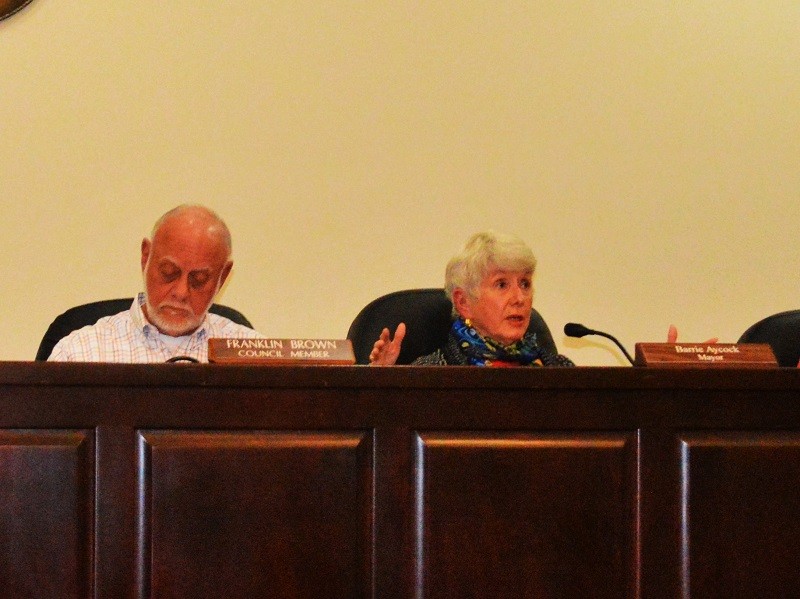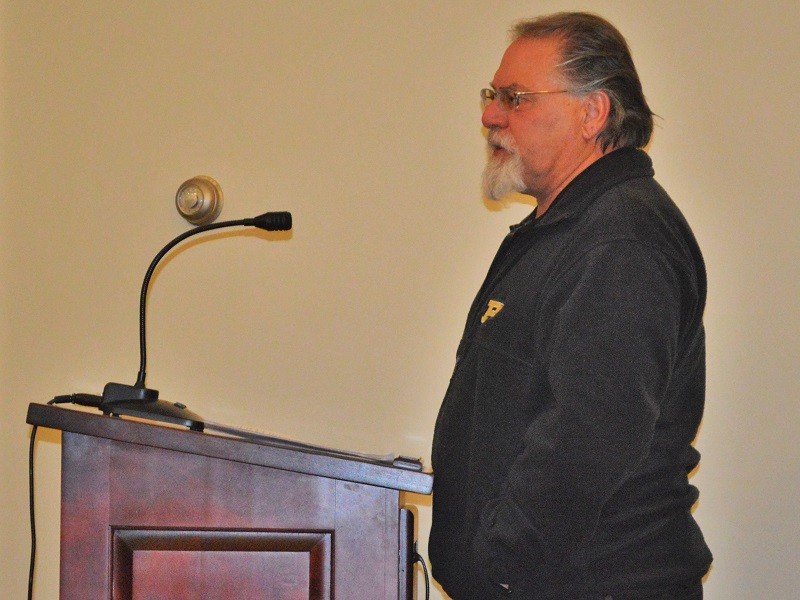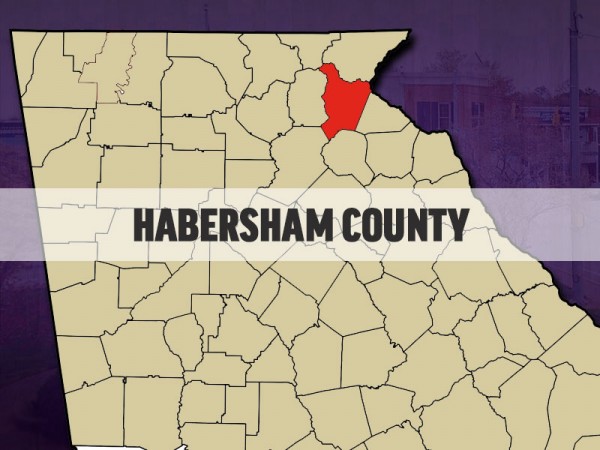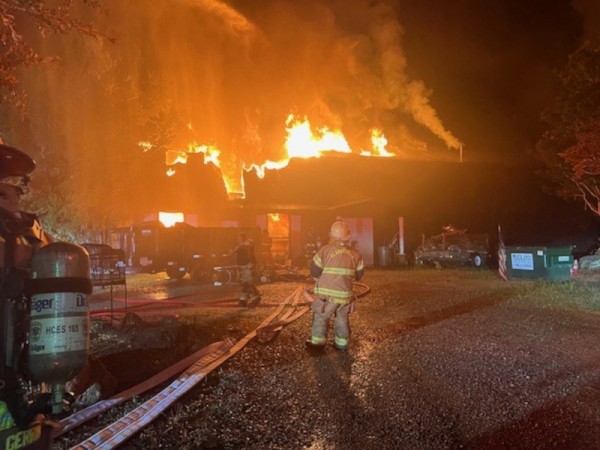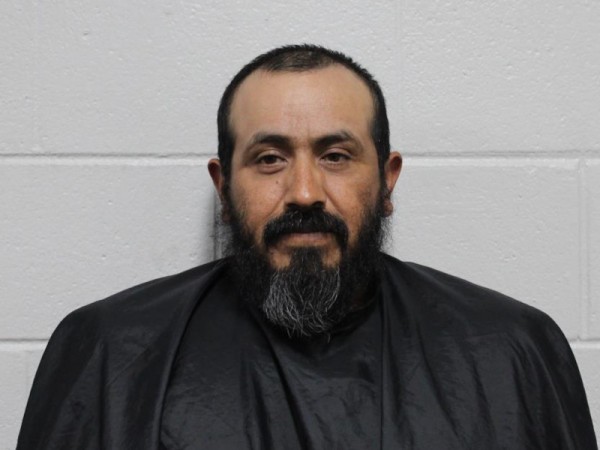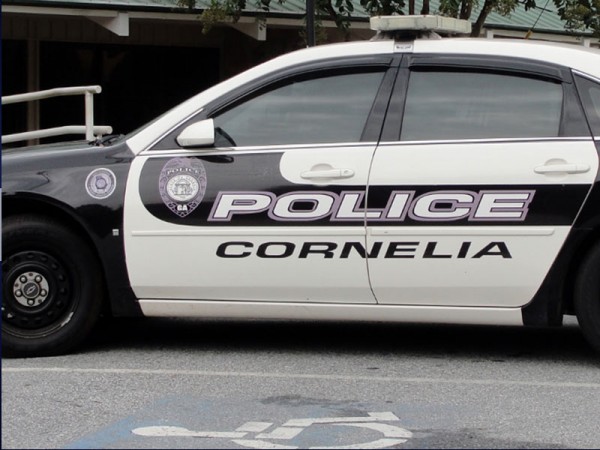CLARKESVILLE — The pastor and members of Clarkesville Baptist Church didn't hesitate Monday night to share their displeasure with a proposed change to Clarkesville's alcoholic beverage ordinance.
City Manager Barbara Kesler suggested at the city council work session in February that the city might want to modify its alcohol regulations to be in accord with the state law regarding alcohol sales.
Currently, the city ordinance restricts the sale of any alcoholic beverage in or within 100 yards of any church building or alcohol treatment facility or in or within 200 yards of any school building, educational grounds or college campus, or daycare facility.
Under the proposed change, no sales of any distilled spirits would be allowed in or within 100 yards of any church building or within 200 yards of any school building, educational building, school grounds, or college campus; any wine or malt beverages within 100 yards of any school building; any distilled spirits, wine or malt beverages within 100 yards of an alcoholic treatment center owned and operated by Georgia or any county or municipal government located therein.
Distilled spirits is defined as liquor, while malt beverages is defined as beer.
Councilman Franklin Brown asked why the proposed change applies only to government-owned and operated alcohol treatment centers.
City Attorney Janney Sanders said that's the provision included in state law, not a privately-owned treatment center.
Councilman Bruce Lewallen said he doesn't feel like the church, located on the street for almost 100 years, should have be adversely affected by an ordinance change.
"So if grandfathering is such a strong thing, it should apply to both people — the people who have been there and the people who are wanting to go in," Lewallen said.
Prefacing the public comment portion of the meeting, Mayor Barrie Aycock said if the church had a spokesman it would be ideal.
"I don't think any of us need to listen to every single person taking five minutes to say exactly the same thing, but certainly you are all free to speak," Aycock said.
Pastor Grady Walden was the first to speak on behalf of the church, noting that Clarkesville Baptist, Clarkesville First United Methodist and Clarkesville Presbyterian Church have all chosen to invest in and stay in downtown at a time when other businesses and entities have been leaving.
"All three of those churches have decided to stay downtown when it seems like everybody else wants to be out of town," Walden said. "We all feel that we are a vital part of this community."
That's when Walden's concerns got specific to Clarkesville Baptist.
"I feel as if the Baptists have been singled out in some respects because of where we are located," Walden said. "I come tonight to address your action to amend the city alcohol ordinances, which would allow beer and wine, in packages and drinks, to be sold within 100 yards of our church."
Walden said he doesn't feel it is fair for the city to take away the protection of the minimum distance of 100 yards from the church door for alcohol sales.
"We have occupied that street for 97 years," Walden said. "We are grandfathered in, if you really want to think about it, because we have been there that long."
Aycock said what the city is proposing is no different than what is allowed at The Attic Restaurant or at wine tasting rooms located across the street from the church now.
"Those are well beyond the 100-yard radius," Walden said.
"But is 125 yards going to make that much difference?" Aycock asked. "We're not proposing package stores. It would be a wine shop, perhaps. But we don't have anybody wanting to open a wine shop.
"I feel like perhaps that some of you are perceiving this to be something more than what it is," Aycock said. "But that's you. I mean you've got a right to your comments."
Walden said church members feel they are doing what they need to be doing by speaking out against the proposed ordinance change.
Chairman of Deacons Ronnie Conrad asked why the city has to bring more alcohol into downtown Clarkesville.
"Change is not always good in a situation like this," Conrad said.
Mike Johns, director of Mustard Seed Counseling, a state-approved alcohol counseling facility that meets behind Clarkesville Baptist Church in a church-owned building, said he is very concerned by the proposed ordinance change.
"Alcohol is a No. 1 trigger to get people back on other drugs," Johns said.
Will Stuckey, an investor who moved to Clarkesville in 2006 and purchased 13 lots in The Village on Washington Street, said he left DeKalb and other metro counties to get away from Clarkesville is trying to allow in its downtown.
Jack Treadman got emotional and even confrontational, questioning elected officials' motives and asking Aycock whether she or a family member ever had to go through rehab.
That lead to a brief heated exchange, where Aycock concluded with, "Everyone who is exposed to alcohol does not become an alcoholic."
Treadman said he has had people in his classroom who are addicted to alcohol and who are truly suffering.
"If it's purely revenue-driven, I urge you to reconsider your true motives," Treadman said.
Conversely, Bobby Kilgore, who identified himself as a recovering alcoholic of 33-plus years, spoke in support of the ordinance change.
"Religion shouldn't stop the progress of business," Kilgore said. "We're not making new laws. We're just taking the zoning ordinance for the City of Clarkesville and having it conform with the state. If that's true, then it should pass."
As Kilgore continued to speak, Lewallen asked him to clarify a statement he made about the Baptists not wanting it only because it would be "in their backyard", which led to a brief exchange.
Finally, Kilgore told Lewallen, "And if you're a member of the Clarkesville Baptist Church you have to recuse yourself from voting on this."
Kilgore said as a businessman he doesn't want to see empty buildings downtown.
A new resident of the city asked why city leaders want to make Clarkesville the same as the state rather than keeping it different, which she said is what attracts some people to Clarkesville.
Jerry Hamilton, a resident of Clarkesville for 35 years who has worked in the restaurant business most of his life, said he has nothing but respect for Clarkesville Baptist Church and its members and identified himself as a Christian.
Hamilton said he supports the ordinance change.
"The restaurant business is not like it was years ago," Hamilton said, noting people passing through "expect to be able to get a glass of wine, maybe a mixed drink, with dinner. We're not talking about wide-open bars."
Hamilton said if the alcohol companies depended on him, they'd all go out of business because he might have a beer once a year.
He noted state laws tend to do a good job of preventing a lot of the problems others lamented in their opposition remarks during Monday night's meeting, including increased crime.
"I don't think it's a problem, per se, anymore the way the laws are written," Hamilton said.
Brown said he doesn't feel like churches should be excluded from the minimum separation distance from an establishment allowed to sell beer and wine.
"Personally, I think the further the better from churches and school buildings," Brown said.
Aycock cut off public comments after some 40 minutes, and no action was taken after Monday night's first reading of the proposed ordinance change.


